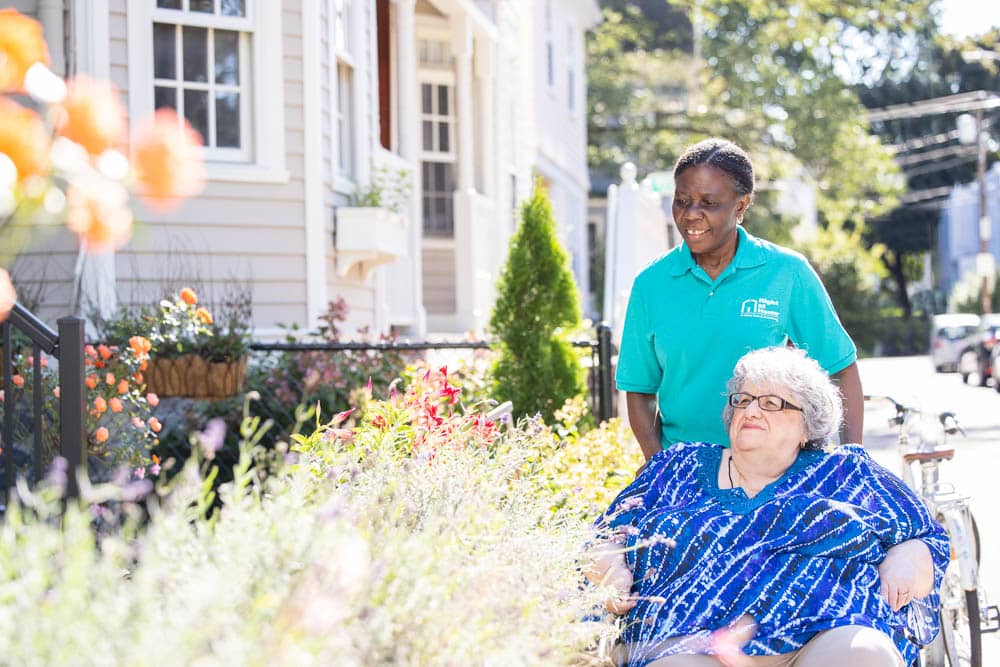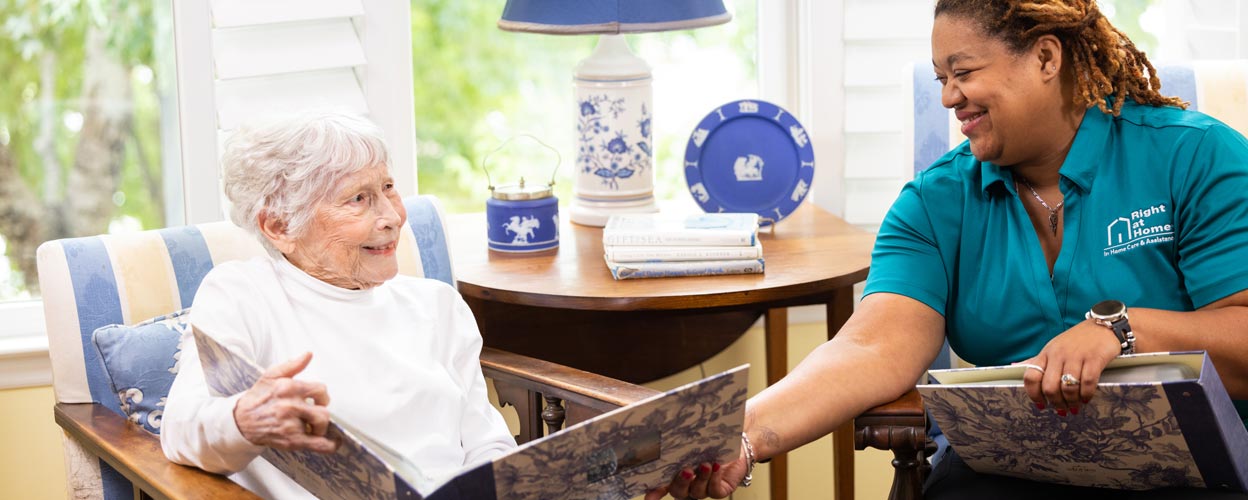
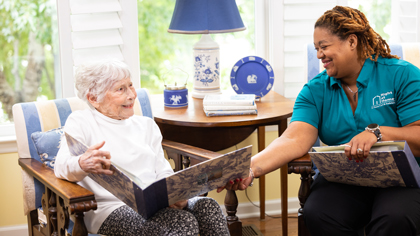
Paying for In-Home Care
Private Pay
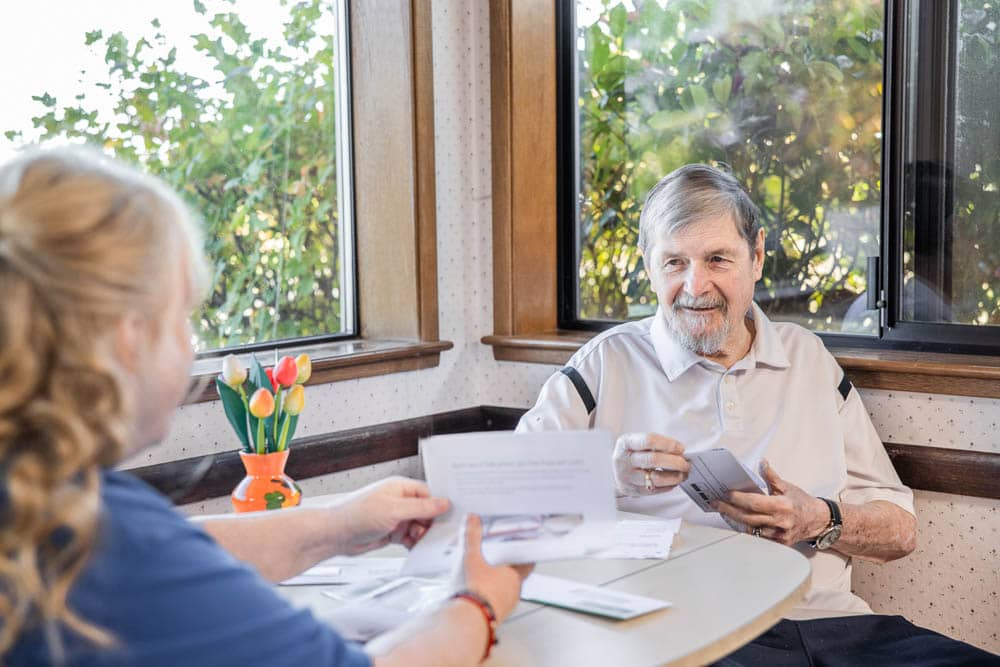

Veterans Benefits
Homemaker Home Health Aide Care All enrolled Veteran's are eligible for Homemaker Home Health Aide Care IF they are eligible for community care and meet the clinical criteria for the service. Call the New York Harbor VA 212.686.7500 and ask for the PACT Social Worker PACT (Patient Aligned Care Team) Right at Home of Lower Manhattan.


Long-Term Care Insurance
A long-term care insurance policy can be a great option to help pay for home care, as the policy can provide a set dollar amount available to fund care on a daily/weekly/annual basis. If you're not sure whether your loved one has a long-term care insurance policy, ask them or check records for a copy of the policy or a history of payments to an insurance company.
Collecting benefits from your long-term care insurance policy can be daunting if you're not familiar with the process. Right at Home has partnered with the American Association for Long-Term Care Insurance to develop free tips to help clients access their long-term care insurance benefits as quickly and easily as possible.
We can help with understanding and activating your policy.
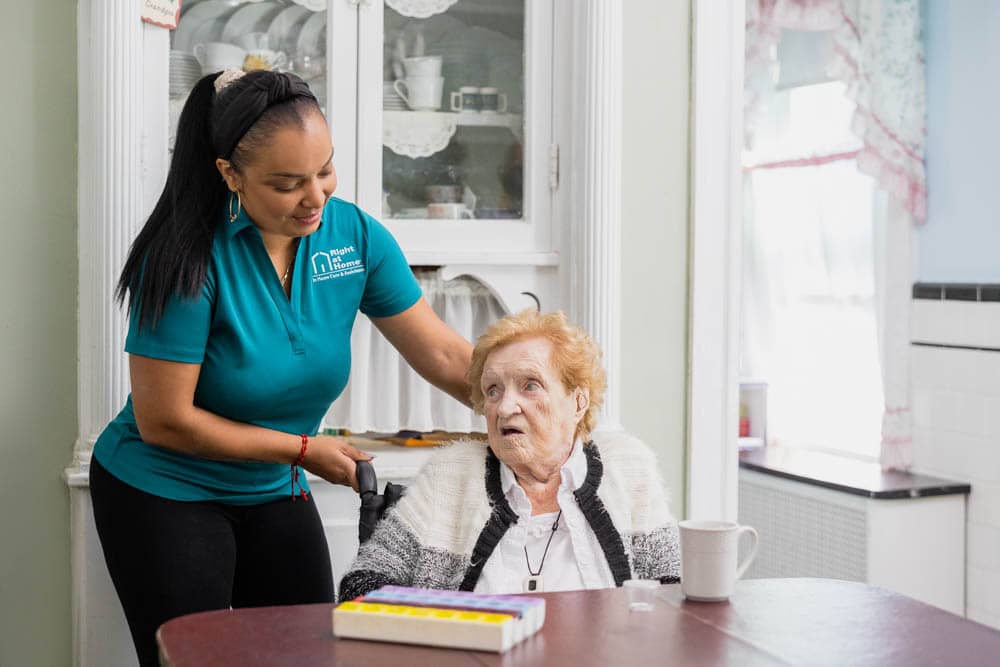

Association Grants
There are several disease-specific organizations that offer Association Grants that can help provide funds for short-term respite so family caregivers can have a break. Some examples:
- MS Foundation
- Caring Kind NYC - Inquire about short term Homecare grants
- NYU Caregiver Support Program


Other Ways to Pay
Community Partners
- Hamilton-Madison House (Citywide Program & Manhattan Program)
- Visions Services for the Blind - Inquire about their short term homecare program
- SAGE - Inquire about homecare grants.
United Federation Teacher (UFT) Benefits
- Contact your United Federation of Teachers. HealthSmart and SHIP benefits have a home care reimbursements.


Long-Term Care Benefit Plan
A long-term care benefit plan is the conversion of an in-force life insurance policy into an irrevocable, FDIC-insured benefit account. An unneeded life insurance policy is sold for a percentage of the death benefit (the range can be between 20% and 60%) and the funds are immediately available to pay for senior care.
Once enrolled in the benefit plan, tax-advantaged monthly payments are made directly from the account to cover any form of senior care: home care, assisted living, nursing home, memory care, and hospice.
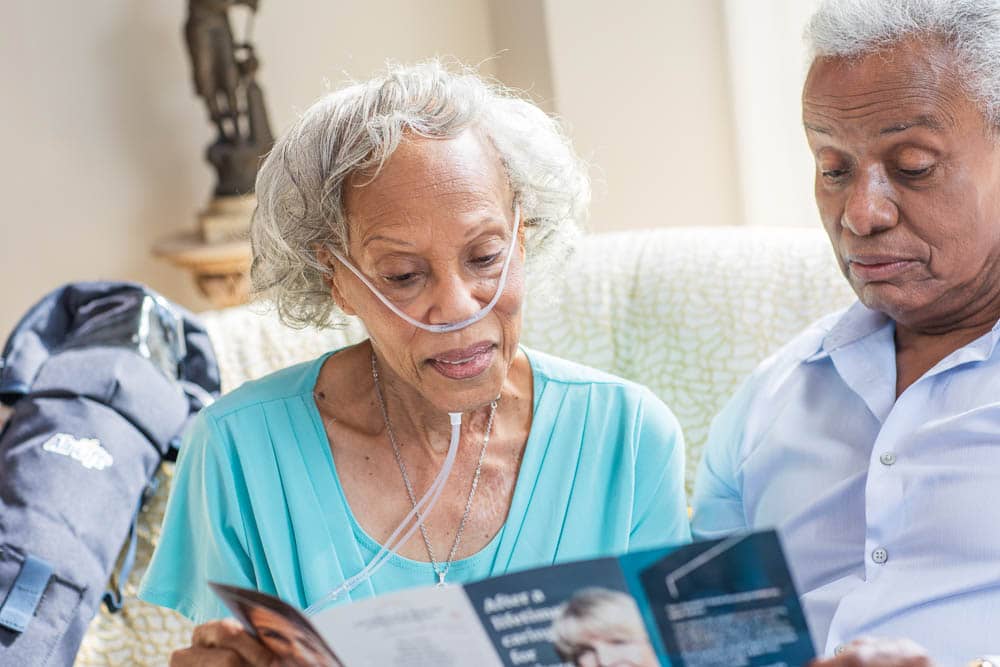

Reverse Mortgage
A reverse mortgage is a loan that enables senior homeowners, age 62 and older, to convert part of their home equity (primary residence only) into tax-free income without having to sell their home, give up title to it, or make monthly mortgage payments.
You don’t need to repay the loan as long as you or another borrower continues to live in the house and keep the taxes paid and insurance in force. The loan only becomes due when the last borrower permanently leaves the home, at which time the reverse mortgage principal, interest charges, closing costs and service fees are typically paid back from the sale of the house.


Viatical Settlements
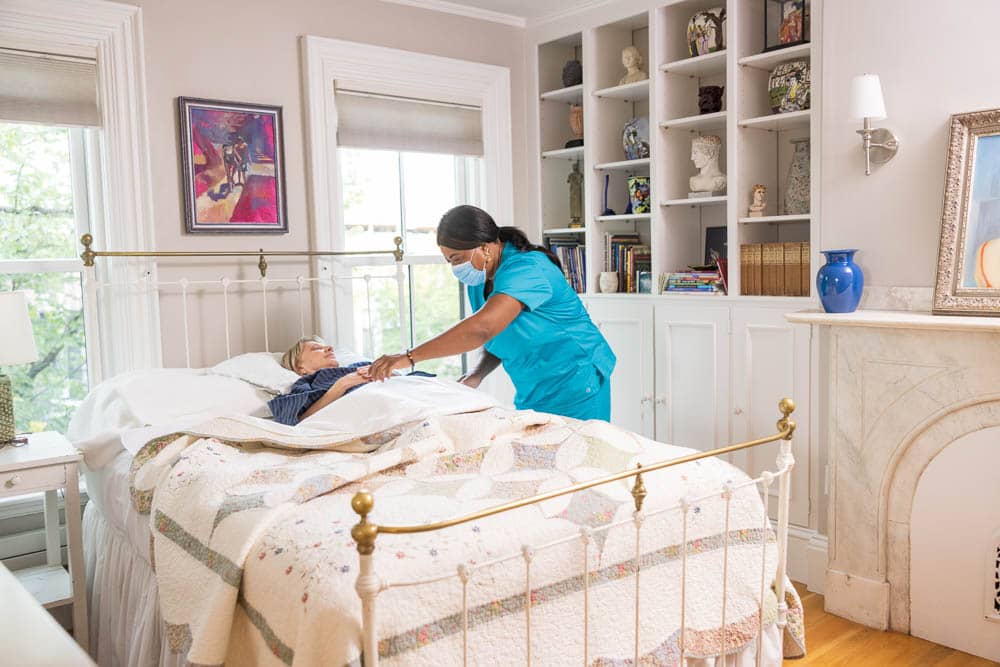

Senior Living Loans
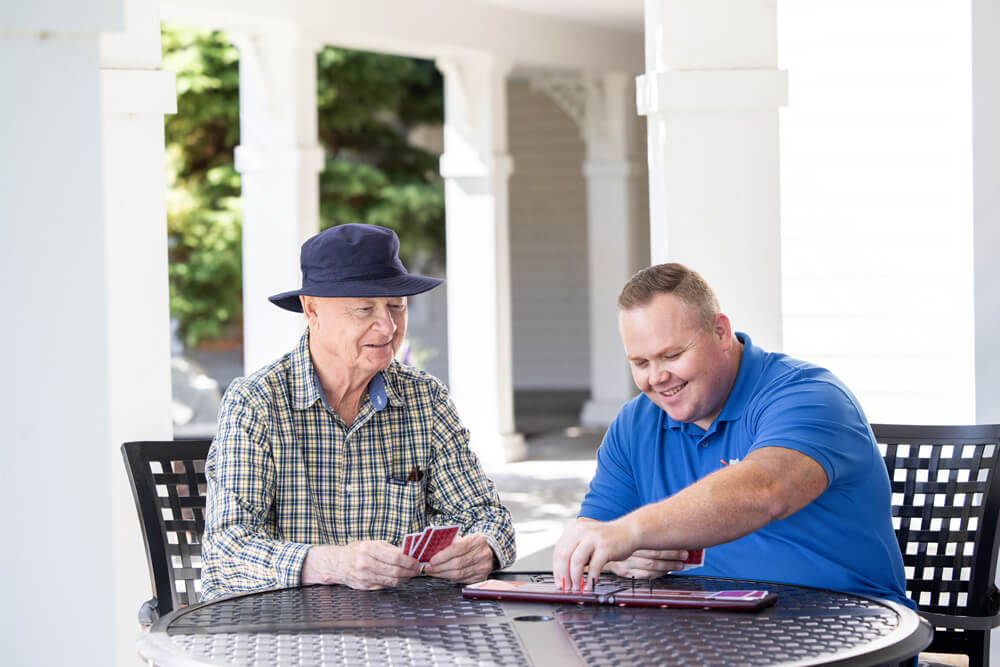

Genworth Cost of Care 2020 Survey
For years, Genworth has helped the aging population navigate caregiving options and compare costs. Below is a breakdown of types of care and their costs.
| Care Type | National Average Cost |
|---|---|
|
Adult Day Care |
** $ 1,603 per Month |
|
Assisted Living |
** $ 4,300 per Month |
|
Nursing Home |
** $ 8,821 per Month |
|
In-Home Care |
* $ 4,074 per Month |
* Based on annual rate divided by 12 months (assumes 40 hours per week)
** Based on annual rate divided by 12 months
